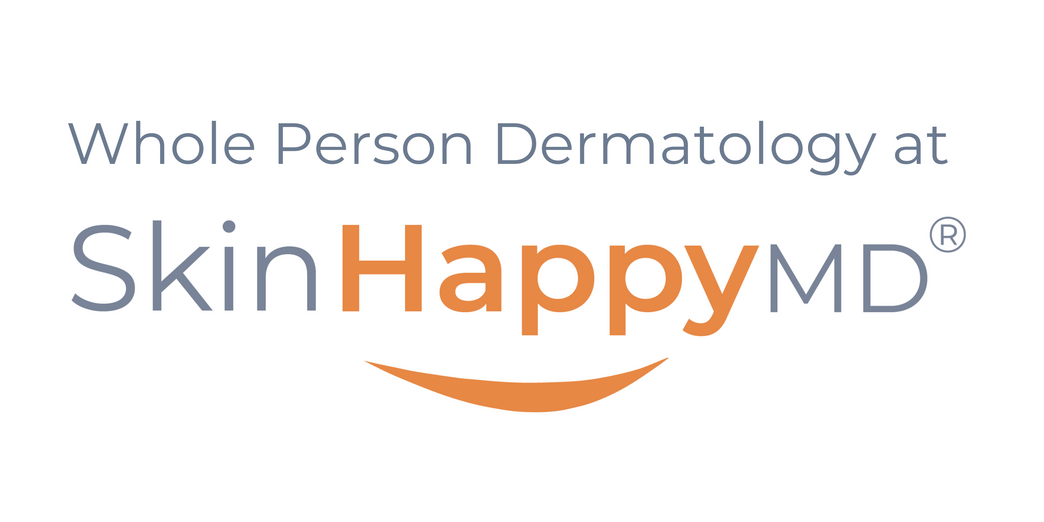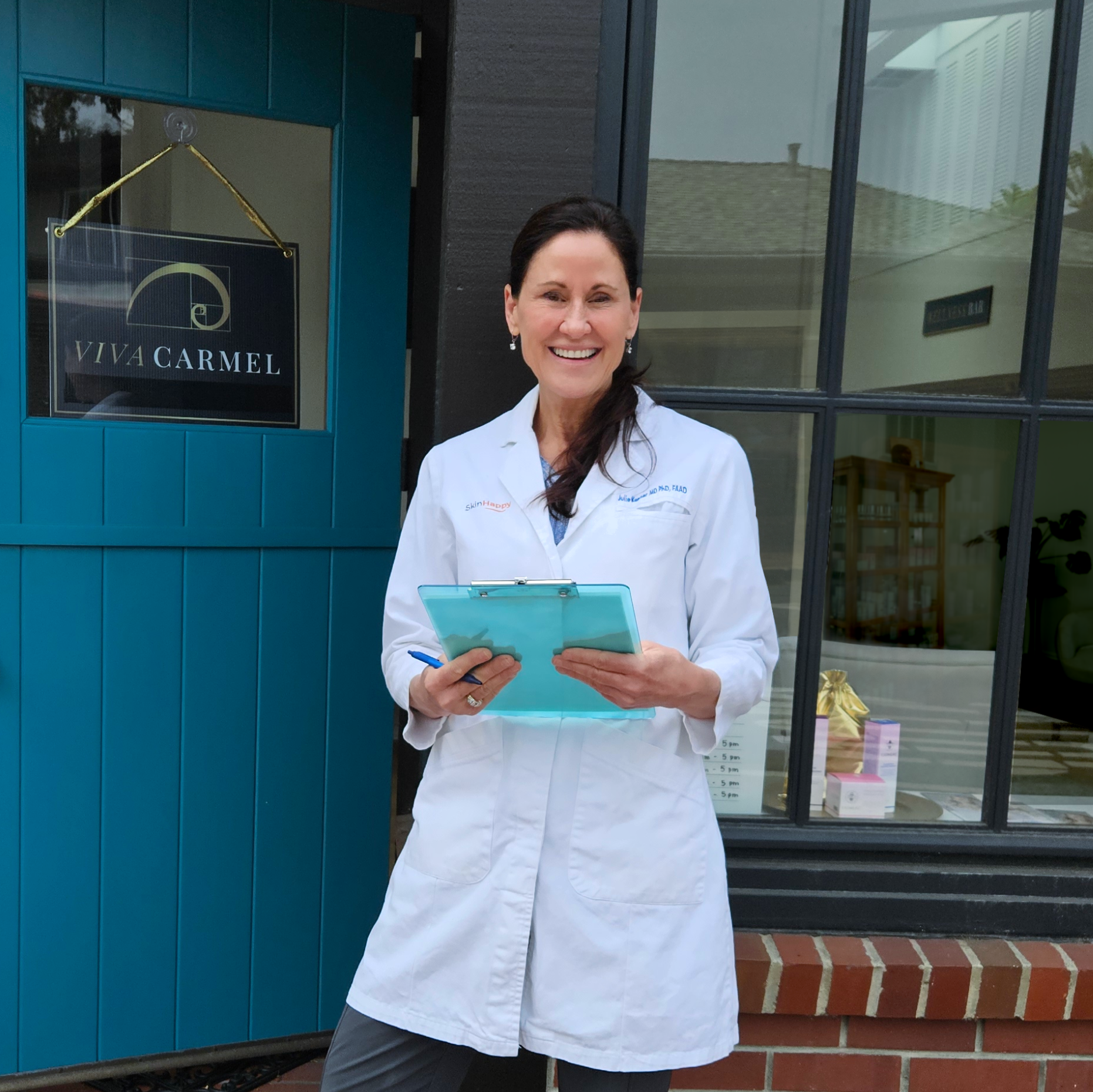Sun Protection
Use a broad spectrum (UVA/UVB) sunblock of SPF 30 or higher, every day, regardless of the weather or time of year. UVB represents the “burning rays” and UVA represents the “aging rays”. SPF stands for “sun protection factor” but only relates to the protection against UVB. SPF 30 blocks 97% of UVB, whereas higher SPF is only marginally better, with SPF 50 blocking 98% and SPF 100 blocking 99% of the UVB. For optimal protection against both types of UV rays and visible light, look for sunblocks with high zinc oxide content, and reapply every few hours when actively in the sun. In addition, wear sun protective clothing, hats, and sunglasses.
Retinoids
These are specialized forms of vitamin A required by multiple skin cell types for proper function. Examples: tretinoin, retinol, retinyl palmitate, retinyl acetate. Dr. Kenner calls these molecules “the great skin normalizers”, as retinoids have many skin benefits, including: skin cancer protection, enhancement of skin tone, quality, and barrier; improvement in wrinkles, acne, scars, stretchmarks, rosacea, milia, pigmentation, precancerous lesions, psoriasis and much more! Sunlight causes a deficiency of vitamin A in skin, causing “photoaging” and other problems, and is best managed with daily topical replenishment, for everyone.
Tolerability, stability and efficacy of retinoid products vary greatly, and can cause irritation or other skin problems in certain formulations.
Many Rx and non-Rx retinoid formulations are available. Some are poorly stable (like retinol), others irritating (like some forms of tretinoin), while others can be enfolded in clever carrier molecules, or in novel formulations, that can be tolerated on sensitive skin such as eyelids or children’s skin. With knowledgeable guidance, vitamin A products can be found for skin of all ages and sensitivities.
Unlike oral retinoids (such as isotretinoin), which get into the bloodstream and can harm a growing child, TOPICALLY applied retinoids don’t carry this risk for pregnant women. Nevertheless, in an abundance of caution, Dr. Kenner simply requests that all women stop the use of topical retinoids when they are pregnant. The products can be used while trying to become pregnant or while nursing.


